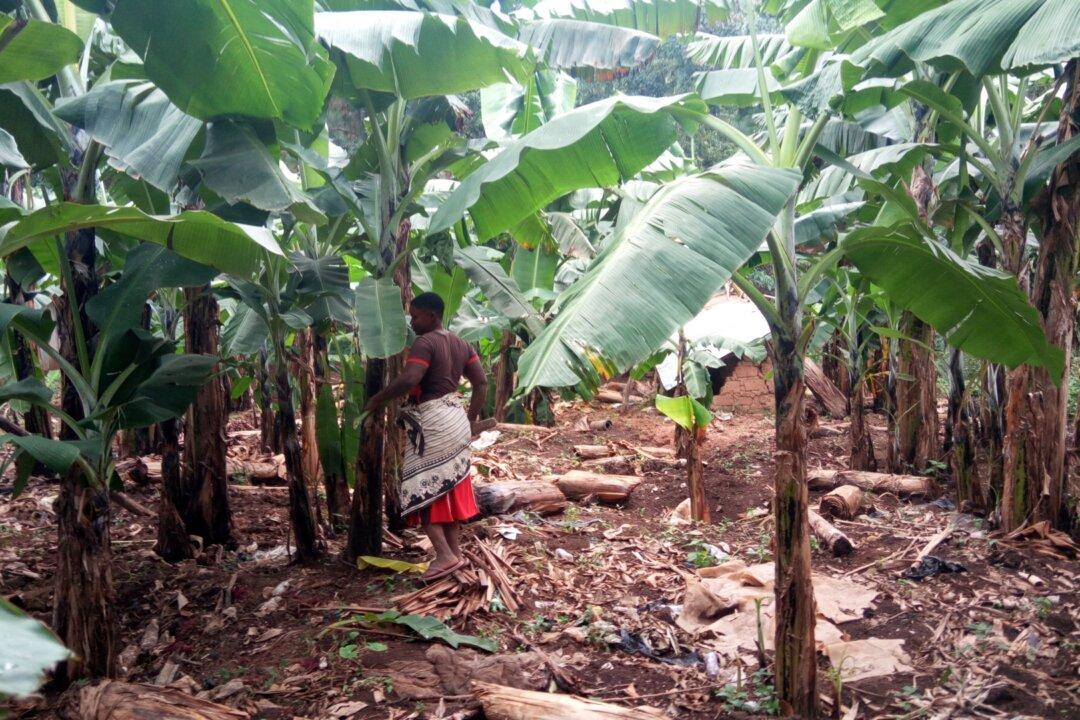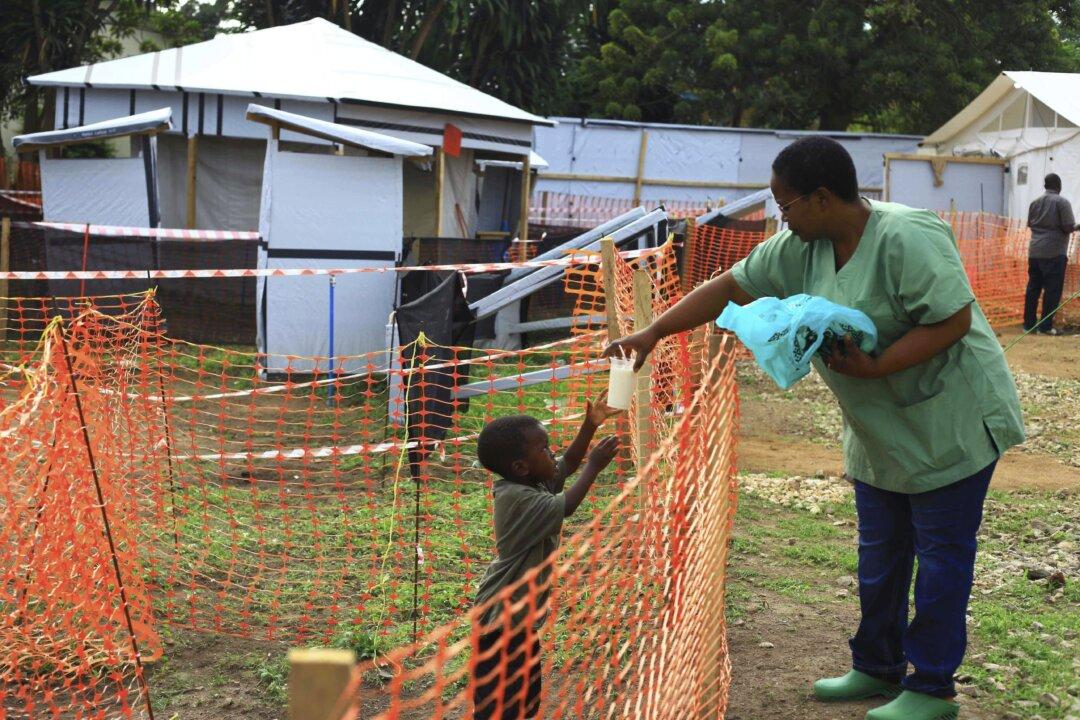BWERENGA-ENTEBBE, Uganda—Emma Naluyima, a successful pig farmer, veterinarian, and revolutionary small-scale farmer in Uganda, has been a trailblazer in many ways.
“When I started farming, I didn’t have anything. I didn’t have land, so I asked my father for a piece of land, and he gave me one acre. I had only my brain and the land; that’s the capital any farmer needs to have,” said Naluyima.

